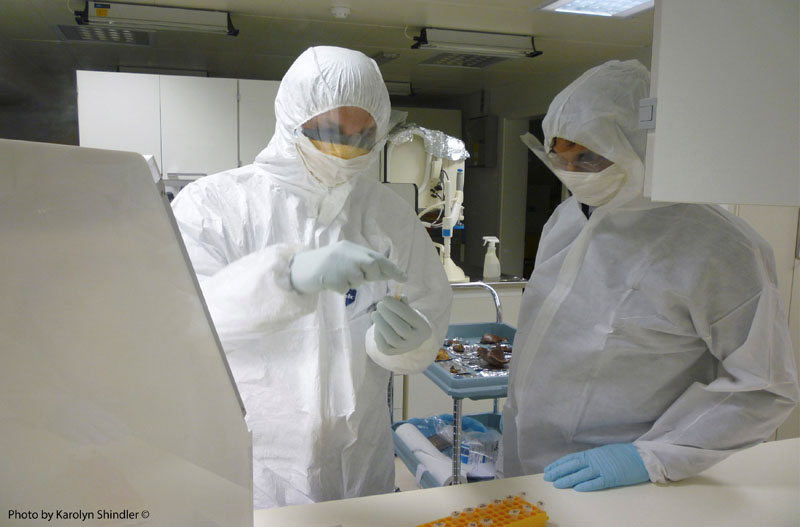50 per cent laboratory reports not reliable: NPHL
Kathmandu, September 30
Doctors may be prescribing wrong pills for your ills in 50 per cent of the cases if one goes by the conclusion the National Public Health Laboratory of the Department of Health Services has come to after monitoring tests conducted by laboratories across the country.
NPHL, which monitors the veracity of tests conducted by the laboratories throughout the country, has concluded that over 50 per cent reports of the laboratories were incorrect.
“Patients may have been taking unnecessary medication,” NPHL Director Dr Geeta Shakya told The Himalayan Times. She said over 50 per cent reports of the laboratories had fallacies or were totally wrong.
Dr Shakya said there were more fallacies in reports of private laboratories and polyclinics as compared to the government laboratories. She concedes that the reports of the government laboratories and hospitals too were found incorrect in the cross experiment conducted by NPHL.
NPHL regularly monitors reports of the private, as well as the government, laboratories and polyclinics operating throughout the country. “We send them our samples and ask them to examine and send their reports,” Dr Shakya said, adding that NPHL itself tests the same samples and match its reports with the reports of polyclinics and laboratories of the government hospitals. Most of the hospitals and laboratories do not send their reports to NPHL.
Doctors said it was alarming if 50 per cent laboratory reports were found to be incorrect. “It is a very serious problem,” Dr Silu Aryal, a valley doctor, said, adding, “Wrong reports lead to wrong medication.”
“If a patient has A-positive blood group and the lab report shows B-positive and doctor transfuses B-group blood to the patient, it can cause death of the patient,” added Dr Aryal. She said regulatory agencies like NPHL and other concerned agencies under Ministry of Health should take steps to ensure that labs’ reports were reliable.
Bishnu Prasad Upadhyay, senior microbiologist at NPHL, cited several reasons for errors in lab reports. Among them are carelessness, lack of skillful technicians, quality of the reagents, improper storage of reagents and temperature control.
He said sometimes inadequate experience of a doctor can also cause errors in reports. “If blood sample is collected within two days of the suspected dengue patient, the report does not show infection,” Upadhyay said. He said incubation period of dengue virus was at least one week and the report confirmed infection only if it was tested one week later.
Meanwhile, NPHL said it had been providing training to lab technicians of hospitals across the country in its bid to improve the results.






